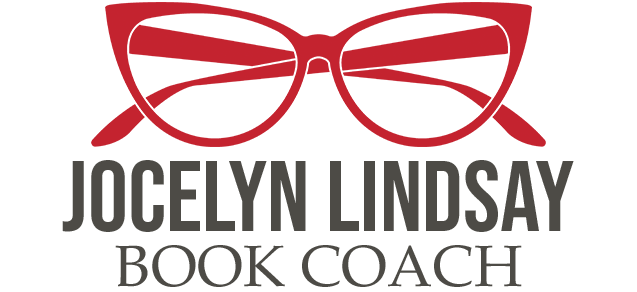swipe right beta readers
Now taking applications for a beta reader. Must be certified in honest feedback and telling me what doesn’t work. Swipe right and let’s chat.
Just looking for a super casual beta reader to help me achieve my bestseller and Pulitzer Prize. Nothing serious!
Let’s make beautiful stories together. Must have red pen and not be afraid to use it.
Two truths & a lie: Jamie Fraser with a side of Phantom of the Opera. 19th century Chicago. Talking clockwork Siamese cat.
Needed quick! Publishing in 3 days! Looking for beta reader willing to commit to 900 page epic fantasy. Must be comfortable with dragons, demons, barbarians, and able to read for endless hours late into the night.
newbie. first draft. needs lots of work. be nice. no meanies.
I started this newsletter with this vague inkling of writing about beta readers. What they are. Where to find them. How to keep them. Questions to ask them. Blah blah blah.
I bored myself.
I was having way more fun coming up with writerly tinder profiles.
So here’s the Cliff Notes version of the article:
Beta readers are an essential part of the writing process, but finding the right ones can feel like searching for the love of your life on Tinder.
A beta reader is a stand-in for your book’s eventual reader audience. A good beta reader will help you see what’s on the page and what’s not, and give you a good sense of how your audience will respond to your book after it’s published.
Beta readers typically are not writers. They can be specialists, or people who have a passing interest in a subject. A beta reader is really anyone who can give you honest feedback.
What you don’t want are beta readers who are going to be tempted to change your writing to reflect what they’d write if they were in control of your story. For this reason, some writers prefer to avoid using other writers.
It’s not uncommon for writers to use beta readers instead of paying for a professional editor. Remember, beta readers are not professional editors. They’re commenting as readers, not industry experts. Don’t expect beta readers to find problems or to offer advice on how to fix the ones they do find.
Many writers wait until they’re at the polished draft before bringing in beta readers. That’s often too late. Like looking for a last-minute date for your sister’s wedding in Maui next weekend.
Other writers bring readers in on early first drafts. This isn’t often very helpful because you already know there are a lot of bits that need work. At this stage, it may also tempt beta readers to offer suggestions on how to fix things, which isn’t their job.
I recommend my clients have at least a couple of beta readers read through their work as they’re getting closer to a finishing, but haven’t quite reached the finish line. They’re still 1 or 2 drafts away.
It's up to you whether you decide to listen to the feedback you receive from your beta readers. If more than one person comments on the same issue, it’s likely worth paying attention to.
Use a list of questions to get the most benefit from your beta readers.
With a list, you can focus feedback on specific elements. It helps avoid getting generic feedback (Loved everything about it!) or generic criticism (Got to the end. Eh.) This also enables you to control the amount of feedback you receive.
10 simple questions to ask your beta readers
Do the first 10 pages make you want to keep reading? If not, why?
Is it clear what the goal of the story is? What is it?
Do all the characters feel like individuals? How so?
Are the characters interesting? Do you care about what happens to them?
Did the setting interest you? Did the descriptions have enough detail?
Does the dialogue sound realistic?
What were any parts that don’t make sense and/or need clarification?
Did you find the ending satisfying? Why?
What’s your favorite part of the book? Why?
Is there anything else you want me to know?
Have fun.
Keep going.
Hello!
My name is Jocelyn.
Story warrior, book lover, day dreamer, gardener, and creative. I help serious writers roll up their sleeves, get their novel ready for publishing, and reach readers. When I’m not elbow-deep in the story trenches, I’m outside world-building in my garden and battling weeds with my three criminal mastermind cats.
GET IT NOW
Don’t write another chapter until you grab the 10 Step Chapter Checklist.
Transform your chapters from blah to badass.


